I was sitting on my cushion this morning making up a story about something that made me angry. That seems to be one of my brain’s favorite passtimes. I took a look at my anger and was surprised to find I’d registered a 3 on a scale of 0-10 (See pain scale.) As I was “measuring” my anger, I noticed it fade. That is the point of mindfulness after all. Or a point. Then it hit me like a tons of bricks that I was witnessing the “Observer effect,” a principle in physics that observing something effects that something. In discussions of who discovered this observer effect, the names Erwin Schrodinger & Heisenberg are often cited.

Credit: http://wellcomeimages.org
Buddha, resisting the demons of Mara, who are attempting to prevent him from attaining enlightenment.
http://creativecommons.org/
licenses/by/4.0/
But this principle goes much further back. Buddhist teachings are filled with stories of the observer effect, most notably the story of Shakyamuni Buddha’s awakening. As the story goes, Siddhartha Gautama was sitting, on the verge of awakening, and Mara (who represents hindrances) threw all sorts of fantastical obstacles in Gautama’s way–storms, earthquakes, monsters, salacious women, and so on. As Siddhartha saw these defilements, he said, “I see you Mara.” And with this observation, Mara scampered away like a NYC cockroach in a freshly lit room.
May the wisdom of the observer effect penetrate into each thing in all places so we and every sentient being can observe our hindrances and rob them of their power.
In writing this blog article, I find myself thinking that it sounds like thinking, something I am trying to avoid. There is some truth to that. But at the instant I realized my “measuring” my anger was weakening my anger, that was not an intellectual feeling. I felt that down deep, and it was a feeling of mild joy. Perhaps a 4 on a scale of 0-10.
In physics, the observer effect is the disturbance of an observed system by the act of observation.[1][2] This is often the result of instruments that, by necessity, alter the state of what they measure in some manner. A common example is checking the pressure in an automobile tire; this is difficult to do without letting out some of the air, thus changing the pressure. Similarly, seeing non-luminous objects requires light hitting the object, and causing it to reflect that light. While the effects of observation are often negligible, the object still experiences a change. This effect can be found in many domains of physics, but can usually be reduced to insignificance by using different instruments or observation techniques.
A notable example of the observer effect occurs in quantum mechanics, as demonstrated by the double-slit experiment. Physicists have found that observation of quantum phenomena can change the measured results of this experiment. Despite the “observer effect” in the double-slit experiment being caused by the presence of an electronic detector, the experiment’s results have been interpreted by some to suggest that a conscious mind can directly affect reality.[3] The need for the “observer” to be conscious is not supported by scientific research, and has been pointed out as a misconception rooted in a poor understanding of the quantum wave function ψ and the quantum measurement process.[4][5][6]
Source: https://en.wikipedia.org/wiki/Observer_effect_(physics)
Dharma Talk Notes
The Buddha on emotions “What are the three feelings? Pleasant, painful and neither-painful-nor-pleasant feelings.” Source: https://www.accesstoinsight.org/tipitaka/sn/sn36/sn36.022.nypo.html
Toxic relationship lingers.
Buddhist practice doesn’t work.
“Very good, venerable sir.” And, delighting in and approving of Ven. Kamabhu’s answer, Citta asked him a further question: “How many mental qualities are of great help in the attainment of the cessation of perception & feeling?”
“Actually, householder, you have asked last what should have been asked first. Nevertheless, I will answer you. Two qualities are of great help in the attainment of the cessation of perception & feeling: tranquility & insight.”
https://www.accesstoinsight.org/tipitaka/sn/sn41/sn41.006.than.html
Observer effect equation
Observer effect, tire pressure, observing something non luminous.
SUDS Subjective Units of Distress Scale (Western focus on negative emotions only. The Diagnostic and Statistical Manual of Mental Disorders, 5th Edition (DSM-5))
Master Dogen’s Reminder
Toxic relationship > Resentment > “Be aware” + measure > virtuous cycle.

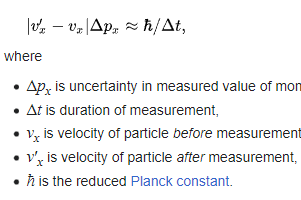
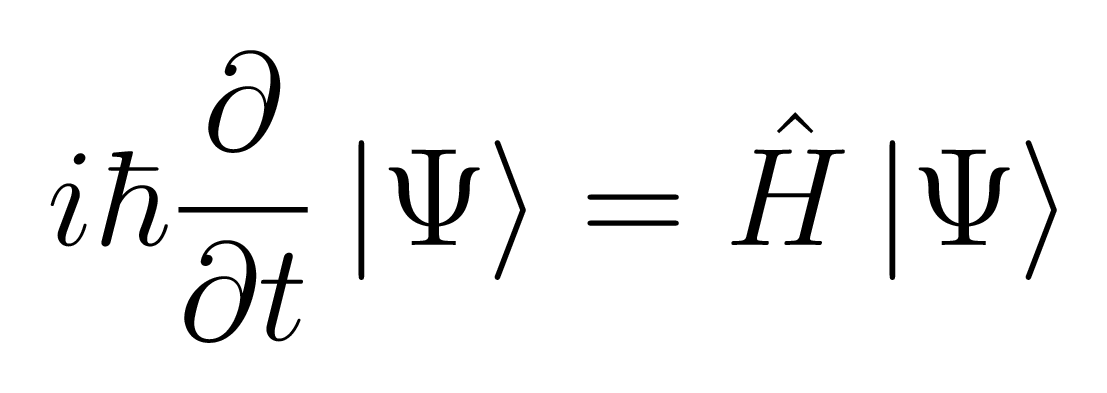

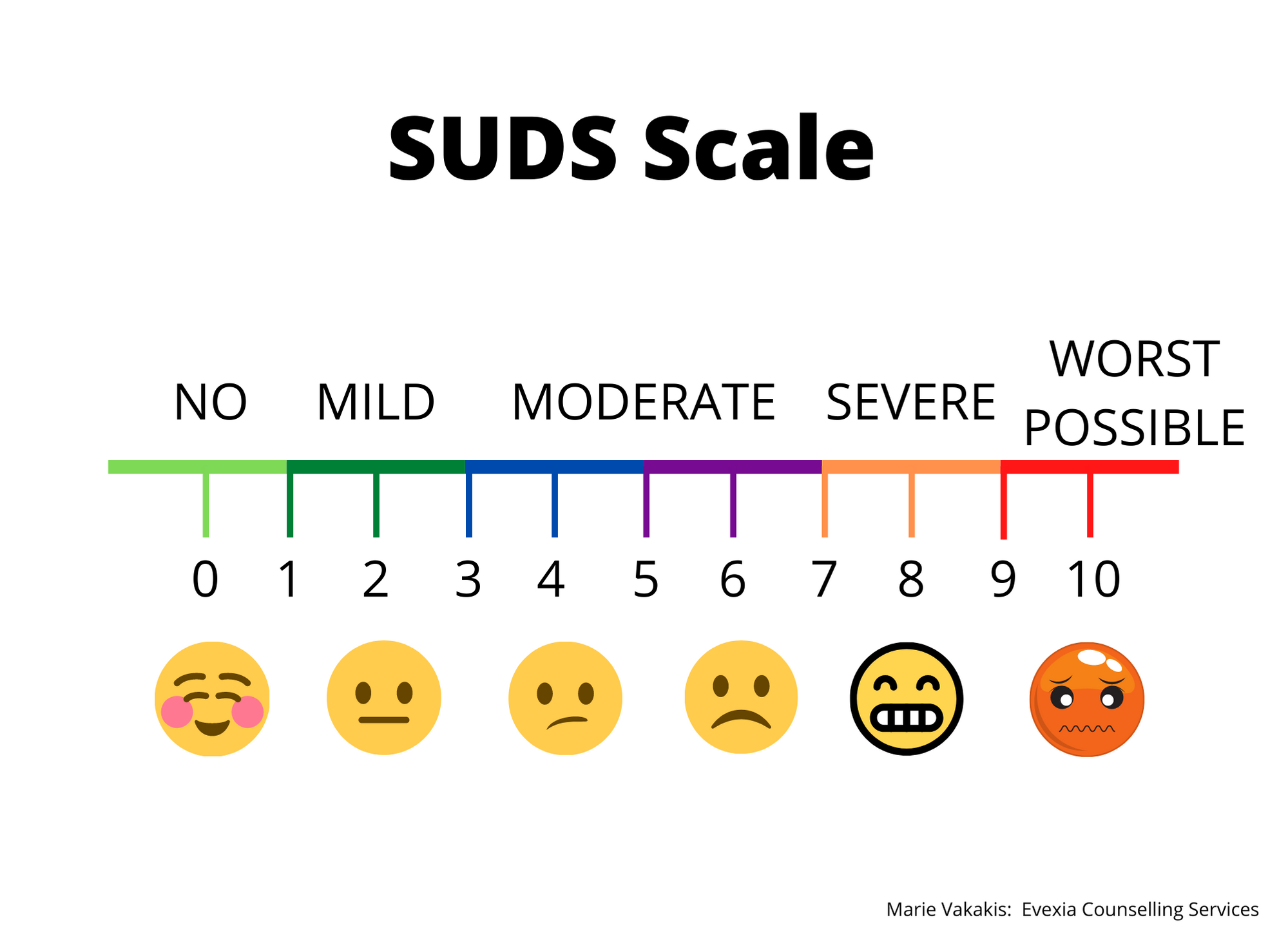
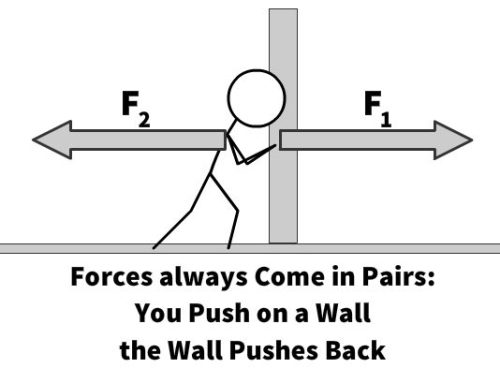


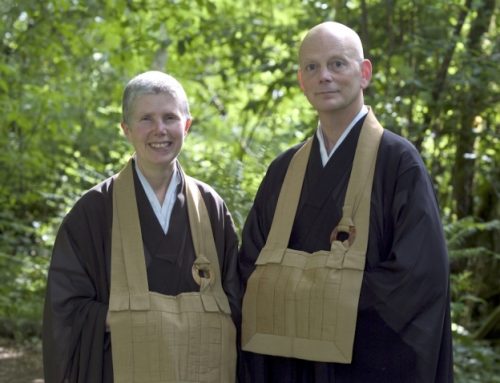

Leave A Comment